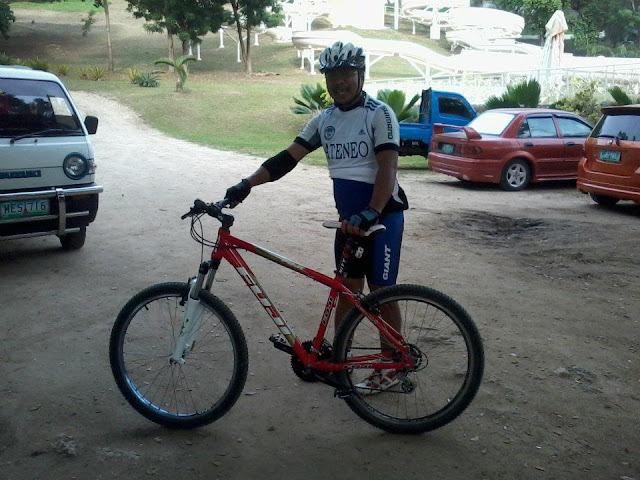www.unco.edu
MOBILIZING PEOPLE TO ADDRESS AN ISSUE
Human resources are the best resources that a community or a country can have. The skills and talents of these committed individuals are tapped by either the government or the private sector in order to address a lot of problems in the community. Some of them are either employed by the local government as full-time daycare and social workers and others are merely volunteers who have the attitude of sharing their time and effort, without expecting any remuneration in any form whatsoever.
In the Philippines, the agency that mobilizes people for early childhood education and the delivery of basic social services is the Department of Social Welfare and Development or the DSWD. It caters not only to senior citizens but also to kids, ages 3-5, who are required to attend classes at the daycare centers near their respective puroks or barangays.
The problem with basic education is common in almost all parts of the world, especially those from Third World countries. Here, the child is taught basic reading and writing, including basic numeracy skills needed to prepare them to enroll for kindergarten, pre-school and elementary levels of early education.
The daycare teacher follows a module designed for the holistic learning of children and part of that is teaching children good values so that their character will allow them to be good citizens of the country. The challenge now for the daycare teacher is on how these lessons will be applied to real-life situations.
While it is true that counting, reading, and writing can easily be absorbed by the learner by means of constant practice and memorization, it is still very difficult for kids to develop good manners and right conduct. Only a few kids are taught this basic lesson at home and the majority of the target learners do not manifest the behavior expected from them. The issue can be described as something that puts pressure on the part of the daycare teacher. In fairness, the daycare teacher should not be totally blamed for this dilemma. It will always boomerang to the kind of family that this child has.
A lot of factors can be considered in order to address the question. Petersson and Hakansson (2004) in their article entitled: What is good parental education? revealed that the general parental education attracts the relatively well-educated middle class, whilst the poorly educated, the single mothers, immigrants and parents with psychological problems or drug abuse are more difficult to engage.
This claim is by far the most appropriate answer why parents in the Philippines do not have the skill or capacity to teach discipline to their children. In addition, poverty is one major hindrance why parents do not have quality time for their children at all. Instead of attending pieces of training on responsible parenthood, they would rather go out and look for ways and alternatives to feed their hungry stomachs.
We could conclude from this statement that parents from poor families do not have the interest in minding their kids because they prioritize their means of living. The question now is: Do we blame teachers or the school itself for the kind of youth we have today in the Philippines? The answer is a big NO. No matter how people are mobilized in order to solve this problem, the results are still the same.
At least, someone (i.e. the daycare teacher) is there to act as a second parent to the kids and supposedly something (i.e. parental education) is done to address the problem.
| 


Comments
Post a Comment